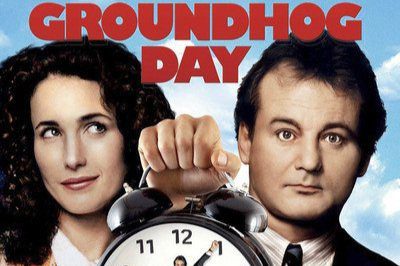
he Foundation for Individual Rights and Expression’s Greg Lukianoff and Sean Stevens explain that 2023 was the worst year on record for colleges’ deplatforming of speakers, and 2024 might just beat it (see: antisemitic mobs terrorizing SJSU and UC Berkeley). Putting an end to this ever-perpetuating cycle will require universities to dole out real punishments for offenders, says FIRE, not wrist slaps or cover-ups.
Whenever people argue that we’re exaggerating or overemphasizing the free speech crisis on campus, we have to take a deep breath and count to 50 — sometimes 100. We have been pummeling the public with numbers and data about shout downs, heckler’s vetoes, and disinvitations and deplatforming of campus speakers for years, and it can be exhausting to hear people continue to dismiss it as a non-issue.
But honestly, all we have to do is wait — because you can set a watch to the emergence of new examples that prove our point. As we will show below, 2023 was the worst year on record for deplatforming attempts and successes, and 2024 is unfortunately already looking like it can top it. … Sign up to receive updates on Opp Now articles. Click HERE.
Last week, a speaking event at UC Berkeley featuring Israeli Defense Forces reservist and lawyer Ran Bar-Yoshafat was canceled because a mob of angry protestors — hundreds of them — surrounded the venue, broke glass doors, prevented students from entering, and forced their way into the building in a premeditated attempt to, in their own words, “SHUT IT DOWN.
At the same time, at San Jose State University, a guest lecture by Jeffrey Blutinger was canceled and Blutinger had to be escorted away by police due to a (once again, premeditated) protest that devolved into violence.
This has been happening for a long time, and it will keep happening until universities grow backbones. They have to start disciplining students who organize disruptions and the deplatforming of speakers, and they must expel students who engage in violence on campus. Greg and our FIRE colleague Angel Eduardo published a piece in The Free Press last week arguing this very point.
Anyone still claiming that this is no big deal, that it’s just a fluke or flare-up, and that it is not at all the norm in higher ed today has to willfully ignore the data — and we at FIRE have a lot of data on this.
Last month, FIRE released its Campus Deplatforming Database, an expansion and evolution of its previous Campus Disinvitation Database. In addition to tracking attempts to disinvite speakers from campus, this enhanced database now includes attempts to cancel performances, take down art exhibits, and prevent the screening of films. It spans the past two and half decades, with recorded attempts going all the way back to the heyday of the Backstreet Boys, 1998.
A broad analysis and overview of the deplatforming attempts reveals a number of troubling findings.
This article originally appeared in Substack. Read the whole thing here.
Related:
- Chabot College analysis: Free speech also protects ideas you dislike
- SCU case study: Free speech falling out of favor at local higher ed institutions?
- Standing up for free speech and open debate
Follow Opportunity Now on Twitter @svopportunity

